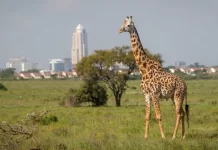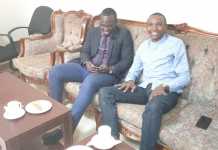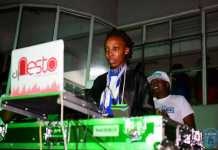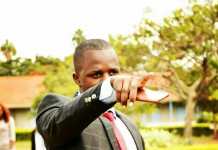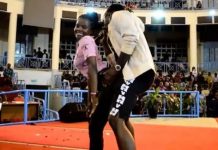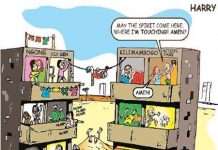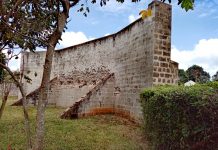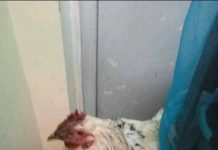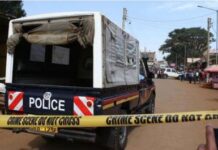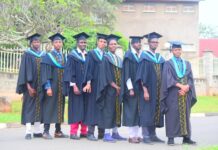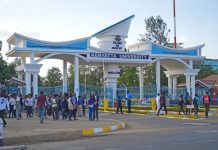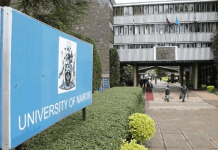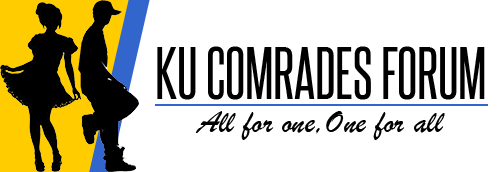The event was a success because some parents who always kept their children locked up fearing they could not relate were seeing their children for the first time interacting with people. While others were seeing their children, performing simple tasks like holding a pen also for the first time.
“It was very powerful for both the parents and the kids. They saw the changes that had taken place in just two weeks and wanted to see what would happen over a longer period, so they asked if the children could be coming daily,” Maria says.
Maria’s initial idea was for the kids to come once or twice a week but since the parents wanted something more regular she agreed but with no idea how she would raise the money to keep the centre functional. So to reduce the costs Maria tried a bold move, “I told the parents to volunteer to look after the children and that’s how the daycare services started.”
Even though the parents were volunteering, the costs of keeping the place open were still high. “It was an extremely difficult time of my life. The board was very young and could not afford to donate huge sums of money so we were just able to pay rent and I had to buy milk and bread for the children daily,” Maria narrates.
“Some kids also needed medication and physiotherapy because some parents were relying solely on me. So I got extremely broke. I had asked everyone in my phone book to the point people were afraid to answer my phone calls. Sometimes, I would just turn up at their office. I was that crazy. But ultimately I could not sustain it,” she says.
Then literally at her wits end, Maria decided to close the centre just for a few months. She called the parents and broke the news.
“They did not allow me to close the centre. All the parents were in agreement. They said they would donate their meagre resources… so one donated maize meal flour, another beans and yet another volunteered to come in everyday to cook,” Maria says. She gets tears in her eyes, still deeply touched by the generosity of these people who have very little.
Days later, fortunately, a cheque came in from a well-wisher for exactly the amount needed to pay the rest of the expenses. So the centre stayed open.
After this experience, Maria decided to apply for funding. “The Akili Dada programme gave me the expertise to run the organisation in a more professional manner and it also gave me seed funding so we were able to get more supplies like special chairs for the kids. It also gave me a stipend to survive and increased my confidence as a leader by exposing me to different opportunities.”
Apart from the daycare centre, the foundation also has a rehabilitation and care programme for children living with disabilities.
“The economic component came up when we realised it was difficult for some parents to meet the basic needs of their kids so we got them together and formed a group. Now they are doing table banking where they save and lend money to one another,” Maria explains.
Now, Maria is trying to raise money to build a bigger centre. “Through generous donations, we were able to secure land for the centre in Kibera. The goal for having the new space is to help even more kids access the daycare, therapy and medical services.”
“I don’t do this because I could not get a job. I am a book worm, I went to Kianda High School and was actually on the Dean’s List at Kenyatta University, so I could have got a really good job,” says the Moi Educational Centre alumna.
“So I had to ask myself what success means to me, and after a lot of soul-searching, I realised success for me was not about the car I drive, the phone I have. It’s not a world based on material things; success means being at peace with myself and inspiring change in others and The Action Foundation does that for me,” she adds.

